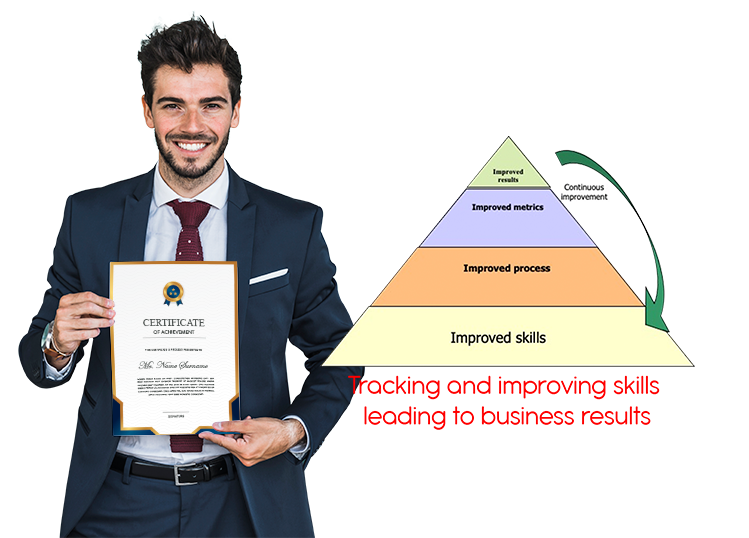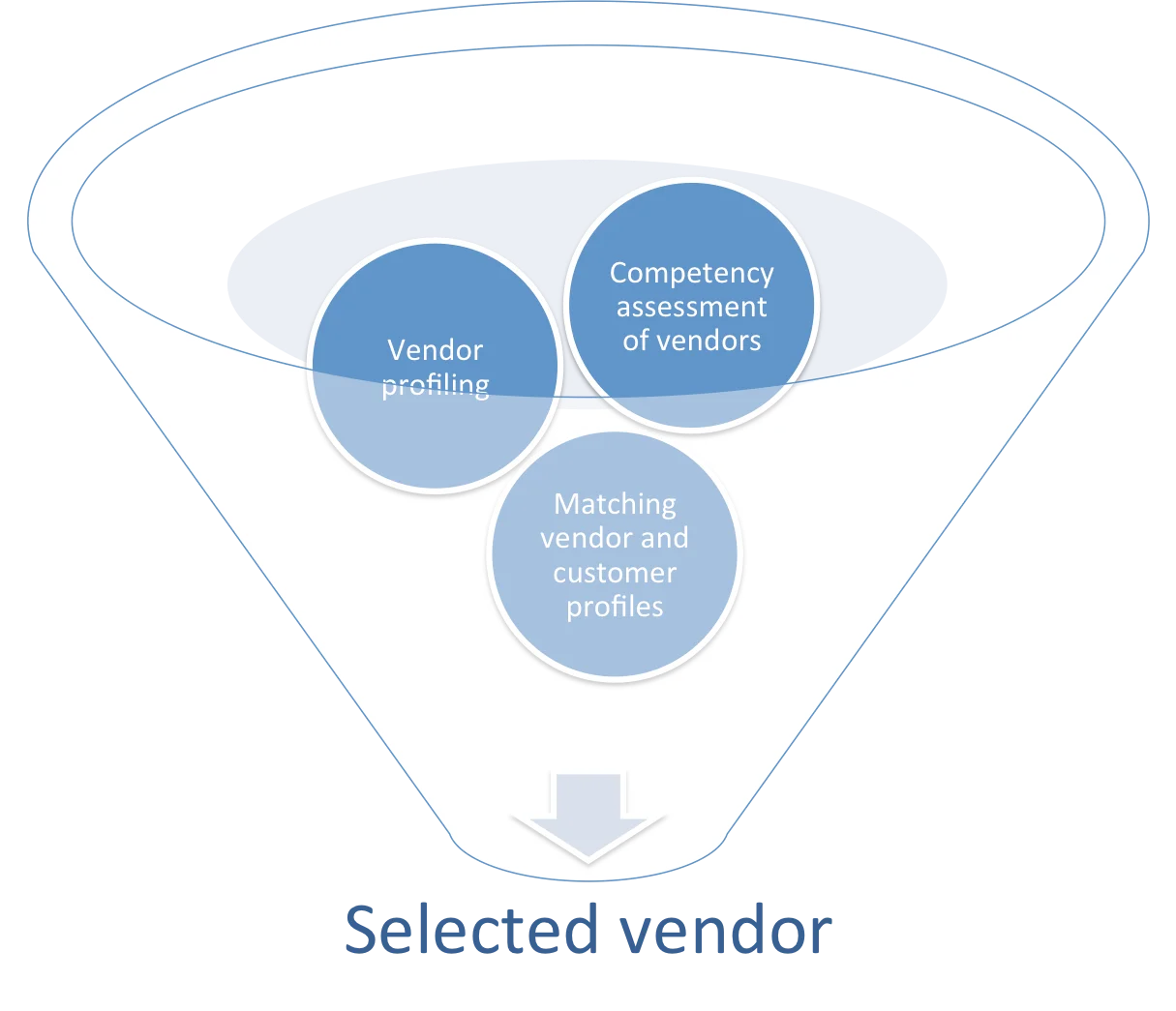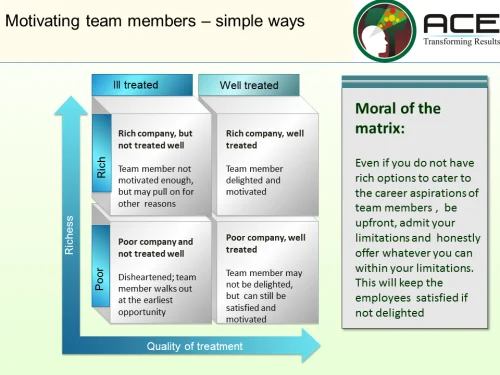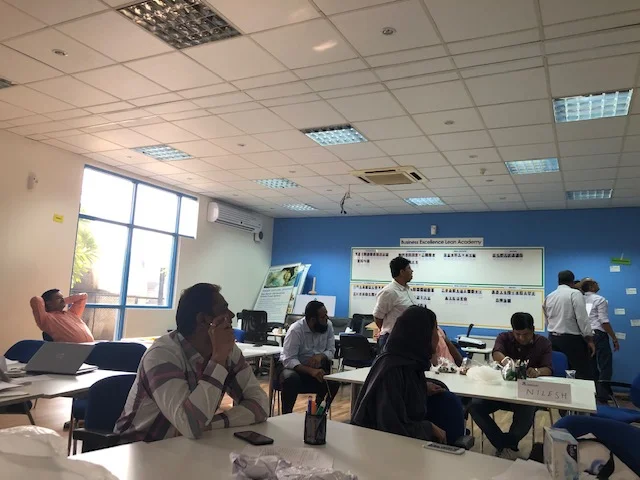Kanban, a powerful workflow management system, is crucial for enhancing organizational efficiency and agility. Its effectiveness lies in its ability to visualize work through dynamic boards, limit work in progress (WIP) to prevent bottlenecks, and manage workflow in a way that promotes continuous improvement. A key aspect of Kanban is its flexibility and adaptability, allowing teams to evolve their processes based on real-time data and feedback. The SBK framework—comprising Stand-up meetings, Backlog management, and Kanban boards—integrates seamlessly with these principles, emphasizing regular communication, task prioritization, and visual tracking.
In Agile Coaching (AC) Transformation, Kanban plays a transformative role by providing a structured yet adaptable approach to workflow management. Agile Coaches leverage Kanban to assess and redesign workflows, implement effective Kanban systems, and foster a culture of ongoing improvement. This approach not only enhances visibility and efficiency but also drives cultural change towards more collaborative and responsive practices, making Kanban a cornerstone of successful Agile transformations.







